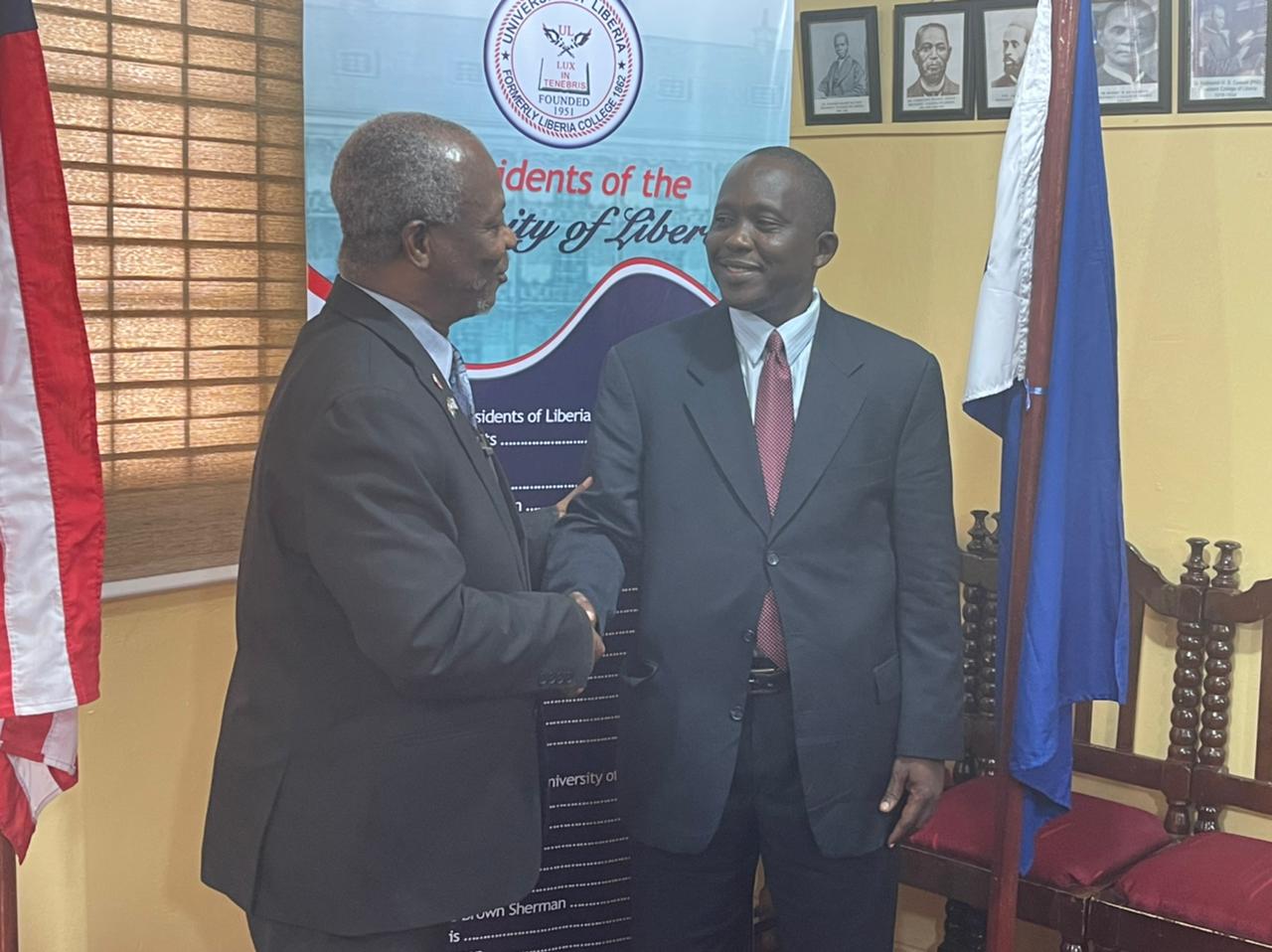Fendall, Louisiana: A number of students at the University of Liberia (UL) have welcomed President Dr. Layli Maparyan’s plans to transition the institution to a trimester academic calendar, a shift they say could reduce the time it takes to earn a degree.
By: James Worquea
The new system, unveiled during a recent town hall meeting on the Fendall Campus, will see UL operate two 16-week semesters and one 8-week trimester annually. According to Dr. Maparyan, the move, when endorsed by the UL Faculty Senate and the Academic Coordinating Committee, is expected to take effect by August 2025, following the end of the current semester.
“School is going to start immediately after Flag Day,” Dr. Maparyan explained. “We’ll run one semester from August to mid-December, another from mid-January to May 14 (Unification Day), and the final session, a trimester, between June and July.”

She described the plan as part of broader efforts to improve learning outcomes and restore UL’s pre-war reputation as a leading institution of higher learning on the African continent.
Many students have since hailed the announcement as a “major breakthrough,” especially for those who have spent more than six years working towards a bachelor’s degree due to prolonged delays in academic activities, and compounded by irregular semesters.
“I think it’s necessary to operate a trimester because it will help speed up academic activities,” said Eric Mulbah, a student from the Environmental Science Department. “We’ve been spending nearly six months on just one semester.”
Others noted that the additional trimester could help students retake missed or failed courses, especially those held back by poor GPA or limited course availability.
“This will give students the chance to catch up with their peers,” said Public Health student Marilyn Benn. “It will reduce the time usually spent in school and help give graduates more time to job-hunt or pursue further education.”
However, while many students support the plan, concerns abound over its viability.
Some have expressed fears that the shift could lead to increased tuition costs, despite the university’s current tuition-free policy, calling into question the institution’s preparedness to implement such a system amid ongoing challenges.
“While we embrace the idea, we want to know what mechanisms are being put in place to ensure its success,” said Stephen Sumo, Financial Secretary of the Biology Students Association. “They must consider both the financial and technical implications, not just make speeches, as we have seen in the past.”
Though the university aims to shorten the duration for students pursuing undergraduate and graduate degrees, details on how the trimester system will be rolled out remain unclear.





